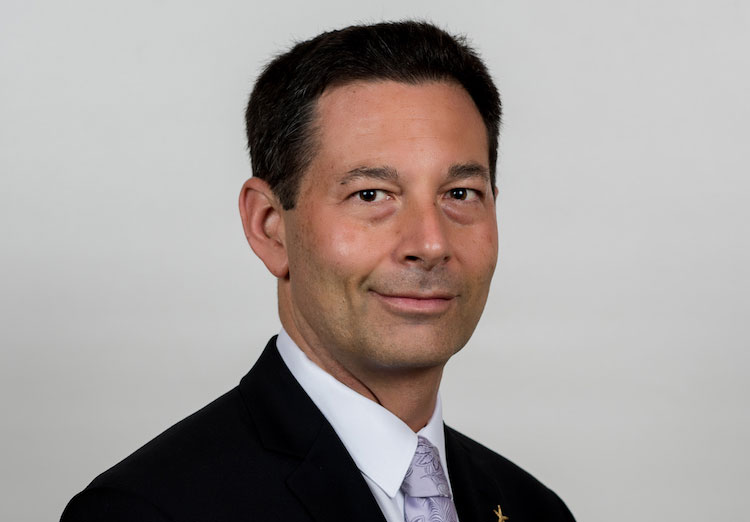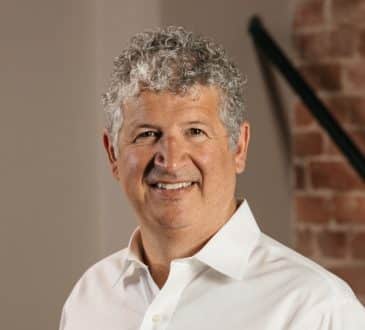Executives in Transition: Three Top Actions to Take in 2021

Of all the things that Amazon founder and chief executive Jeff Bezos has accomplished in his storied career, none may be as important as the orderly retirement he recently announced.
Bezos, 57, had given no sign that he was going to step away from Amazon. The global pandemic and the economic restrictions that came with it helped the world’s largest e-commerce marketplace soar to new heights.
But there he was in the first few days of February 2021, confirming to the world that he would step down later this year to remain the company’s executive chair, while passing the CEO job to Andy Jassy, head of Amazon Web Services.
An orderly succession without drama, uncertainty and recrimination. Bezos’ retirement was as clean and efficient as a next day delivery via Amazon Prime. If only other companies could replicate this kind of executive transition.
The year before, a collection of the world’s highest-profile companies lost key leaders from the very top of their hierarchies. Some, like IBM CEO Ginny Rometty and Ford CEO Jim Farley, managed orderly retirements with several months advance warning and their successors already selected.
Others were not so orderly.
Disney CEO Bob Iger stunned onlookers when he announced in February 2020 he was stepping down immediately from his position. A major reorganization at Disney led to the sudden departure of Hulu CEO Randy Freer. Mandy Ginsberg, CEO of Match (which owns dating apps Tinder and Hinge) resigned her post suddenly because of health concerns. And Jim Murren left his job as CEO of MGM Resorts International with less than a month’s notice and no permanent replacement identified.
And that was just 2020. All signs indicate that in 2021 we can expect a lot of senior executive departures – some tidy and systematic, others more abrupt and disorganized.
A recent LHH-LinkedIn poll found 47 percent of respondent organizations were planning significant overhauls of senior leadership, with six percent predicting a “total overhaul.” Less than one-third of respondents did not anticipate any changes in their executive leadership teams.
Why is it that some leaders and organizations create orderly executive transitions while for others, it’s a hot mess? The fact is, the vast majority of companies experience so few executive transitions, they rarely see the need to build a plan that covers everything from planned retirements to sudden departures due to poor stock performance, burnout or social concerns.
As Bezos and other CEOs have shown, a comprehensive executive transition plan is an essential part of any organization’s business plan. An orderly succession, even when a sudden transition is required, will help the executive team adjust to new leadership, provide opportunities for knowledge transfer and boost an organization’s overall brand in the eyes of customers, investors and employees. The best executive transition plans need to be tailored to the specific needs of organizations and the executives involved. However, the best practices – transparency, collaboration and support – remain a constant.
Establish your transition team
A pre-existing transition team is the number one priority for any organization that wants to ensure orderly executive departures, whether it is a thoughtful succession or a sudden transition. This is the group that will take care of all aspects of the transition, from negotiations on severance to succession planning and, when required, public relations to help manage external communications.
The transition team should involve, at a minimum, a senior member of the board of directors, the CEO (if not the subject of the transition, the senior-most human resources officer and the company’s general counsel. This is the group that will plan and execute all departures and successions.
Where possible, carefully plan support for the executive in transition
Succession can be a difficult topic to broach with senior executives. Some interpret succession planning as a lack of faith in their performance. Others are simply not interested in leaving and thus put off all talk of planning for a successor.
To mitigate any discomfort or reluctance, the executive in question should be given the opportunity to work with experts who can help them prepare for retirement, if that is the preferred course of action, or plan out a future career path. This type of support helps reduce any feelings of isolation or uncertainty that may come with a decision to leave a senior role.
Set out a deliberate, defined process
For the transition team to fully realize its value, it must have a playbook that clearly identifies the process for an orderly transition, a first point of contact for all negotiations and comprehensive internal and external communications plan. Planning ahead and establishing both a transition team and a playbook will not only help ease the concerns of the executive in question, but also create confidence among customers, investors and employees.
Executive departures are, by their very nature, disruptive events. However, they do not need to be destructive.
A thoughtful, well-planned approach for re-casting senior leadership can replace ambiguity with certainty and emotion with rational resolve. The best transitions are seamless, with as little confusion and recrimination as possible. They meet the needs of both the individual involved, and the organization.
A thoughtful, comprehensive transition process established well in advance of any specific departure confirms that the organization involved is caring, well-organized and transparent. That is a win-win-win for any company.
Written by John Morgan. Have you read?
Best Hospitality And Hotel Management Schools In The World For 2021.
Rankings. Best Countries. Best Books. Richest List.
Best Fashion Schools In The World For 2021.
Add CEOWORLD magazine to your Google News feed.
Follow CEOWORLD magazine headlines on: Google News, LinkedIn, Twitter, and Facebook.
This report/news/ranking/statistics has been prepared only for general guidance on matters of interest and does not constitute professional advice. You should not act upon the information contained in this publication without obtaining specific professional advice. No representation or warranty (express or implied) is given as to the accuracy or completeness of the information contained in this publication, and, to the extent permitted by law, CEOWORLD magazine does not accept or assume any liability, responsibility or duty of care for any consequences of you or anyone else acting, or refraining to act, in reliance on the information contained in this publication or for any decision based on it.
Copyright 2024 The CEOWORLD magazine. All rights reserved. This material (and any extract from it) must not be copied, redistributed or placed on any website, without CEOWORLD magazine' prior written consent. For media queries, please contact: info@ceoworld.biz
SUBSCRIBE NEWSLETTER








